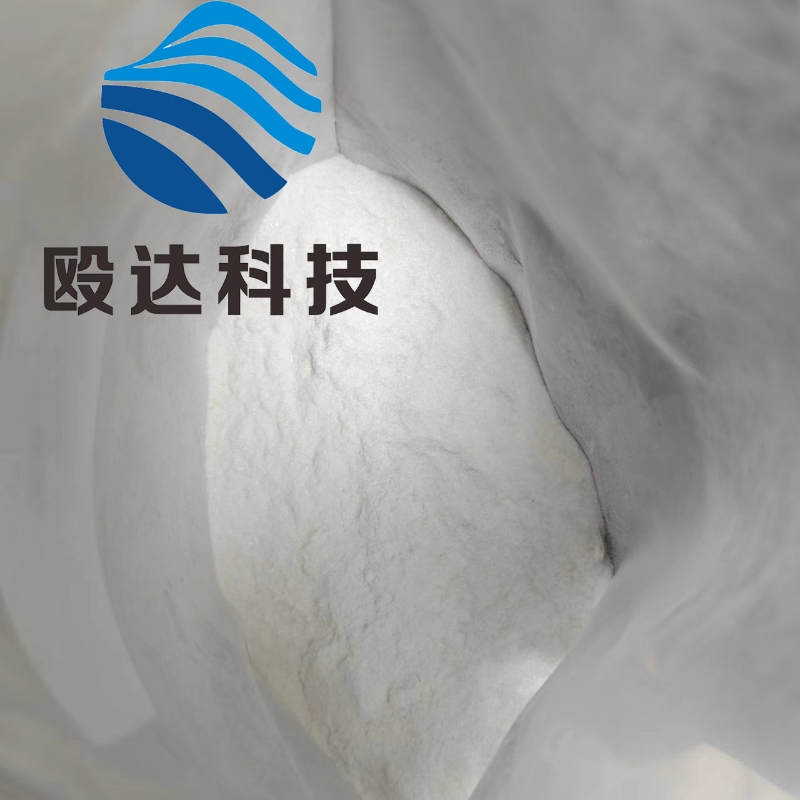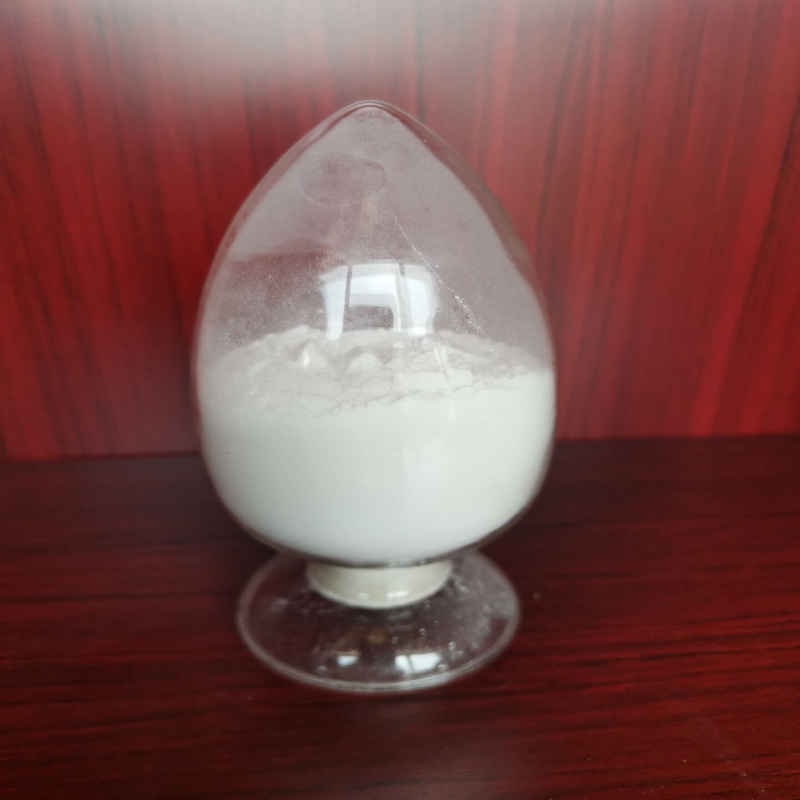Takeda's 5.2 billion acquisition of ariad: semi me too specialty drug model
-
Last Update: 2017-01-10
-
Source: Internet
-
Author: User
Search more information of high quality chemicals, good prices and reliable suppliers, visit
www.echemi.com
Source: U.S - Sinopharm 2017-01-10 [news event]: Takeda, Japan's top pharmaceutical company, announced today that he would buy ariad, a U.S biotech company, for $5.2 billion Ariad has only one listing product, ponatinib (iclusig), for CML and part of all, and a late developing product, brigatinib, for ALK positive drug-resistant lung cancer Iclusig expects peak sales of US $500 million, and an additional US $200 million is expected for the expansion of indications Brigatinib has obtained FDA's breakthrough drug status and priority approval PDUFA date is April this year The product is expected to peak at $500 million [drug source analysis]: Takeda entered multiple myeloma after its US $8.8 billion acquisition of Millennium pharmaceutical Today's acquisition will improve Takeda's position in the field of blood tumor Ariad's products may also have better market performance under the greater market promotion of Takeda Because the patent of Actos, a blockbuster drug, has expired and Velcade is about to expire, Takeda urgently needs to supplement its product line Last year, Takeda publicly announced that it had prepared 15 billion US dollars to seek 10 billion US dollars from large and small enterprises Although ariad's products are limited, the uncertainty is small Millennial's product line under research was basically annihilated in Takeda's hands, so Takeda was not in the mood to play hard actions Both ponatinib and brigatinib are used in first in class drug resistant patients Ponatinib was approved by the FDA in 2012 and officially launched last year Ponatinib was originally developed as me too for Gree, but its selectivity is far less than that of Gree Although ponatinib is effective against all the variant ABL proteins resistant to gliclazide due to its low selectivity, it is also more likely to cause side effects In 2013, ponatinib was stopped for sale by FDA due to thrombosis and hepatotoxicity, and then returned to the market with black box warning The idea of brigatinib is similar, and it is used in the resistant population of crizotinib, although the clinical trial with the opposite side of crizotinib has begun Before immunotherapy, it was almost inevitable that anti-cancer drugs would be resistant The resistance of kinase inhibitors is mainly due to protein variation, so there must be a demand for the replacement products of variant proteins This kind of target has a high degree of confirmation and a small risk, so it provides some opportunities for me too manufacturers Increasing the range of activity and antagonizing drug resistance are usually at the cost of reducing the selectivity, which is relatively easy from the perspective of drug However, patients at the end of the line have a high tolerance for side effects, so they can accept follow-up drugs with poor selectivity The me too feature of brigatinib is more obvious, except for the substitution of novartinib's sulfone group with a phosphorus oxygen group and some other minor changes But the drug-resistant population is obviously not as large as the first-line population, so this kind of drug is considered to be a specialty drug in the specialty drug There were only about 5% of ALK positive people, but now there are three drugs on the market Therefore, although the R & D risk of this kind of drugs for variation is small, the market risk is greater, and the cost can only be recovered by relying on the high drug price At present, ponatinib is as high as $200000 a year, and there is limited room for further price increase Ariad had a famous patent case in 2009 with Lilly, similar to the case of Amgen and Sanofi One of their patents is more extensive than Amgen's psck9 antibody patent, which protects all drugs regulating NF-kB, a key transcription factor, and is found invalid Now, enterprises of ariad size are the most popular First, they have little interference with the original R & D and sales product lines of the acquirer In addition, many pharmaceutical companies can easily find funds of this scale Because of this, the market price of such enterprises is soaring, and last year's bidding for medivation was rare in history So some experts question whether such a high price can bring enough returns to the acquirer, even though it has little impact on the corporate culture.
This article is an English version of an article which is originally in the Chinese language on echemi.com and is provided for information purposes only.
This website makes no representation or warranty of any kind, either expressed or implied, as to the accuracy, completeness ownership or reliability of
the article or any translations thereof. If you have any concerns or complaints relating to the article, please send an email, providing a detailed
description of the concern or complaint, to
service@echemi.com. A staff member will contact you within 5 working days. Once verified, infringing content
will be removed immediately.







